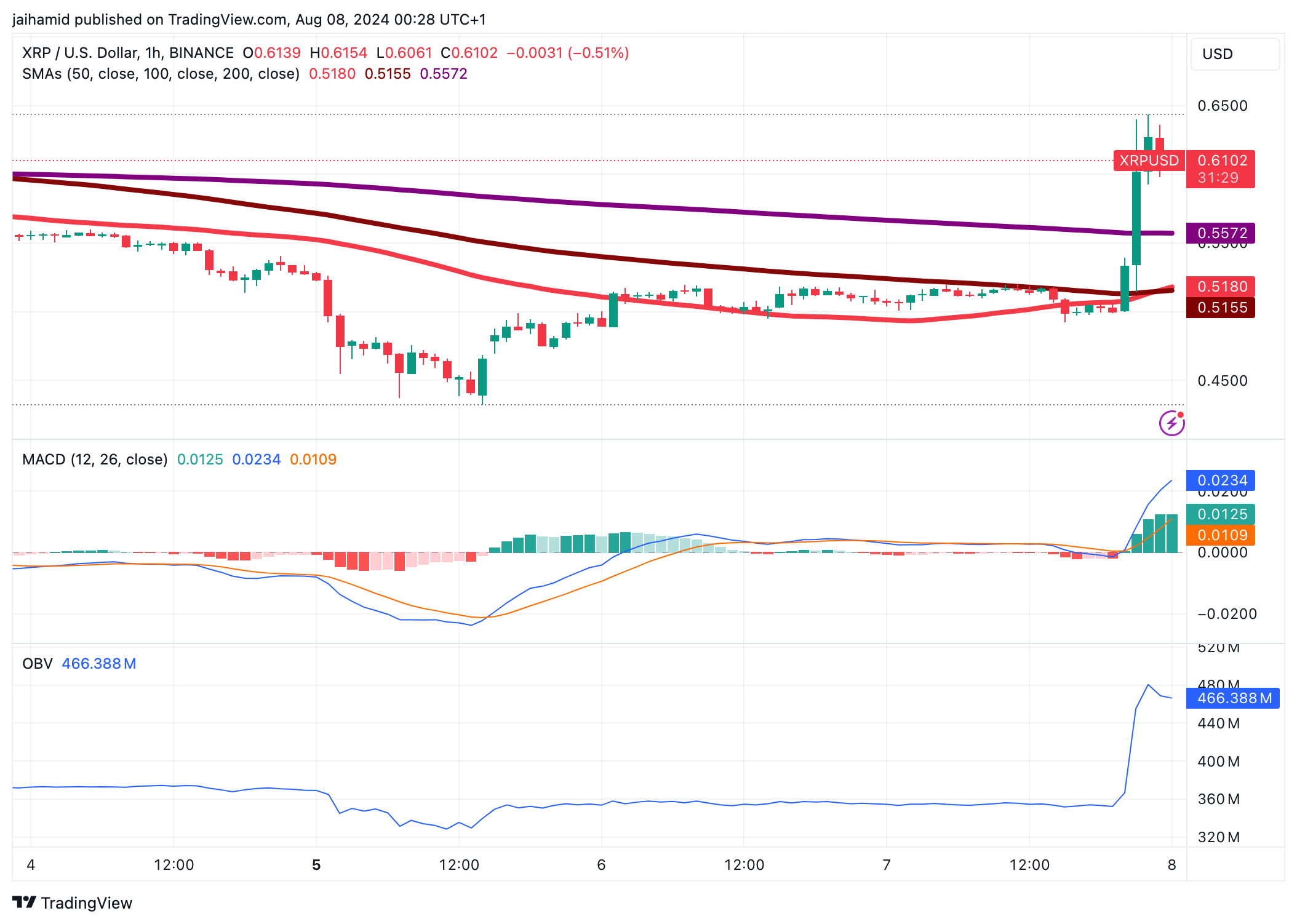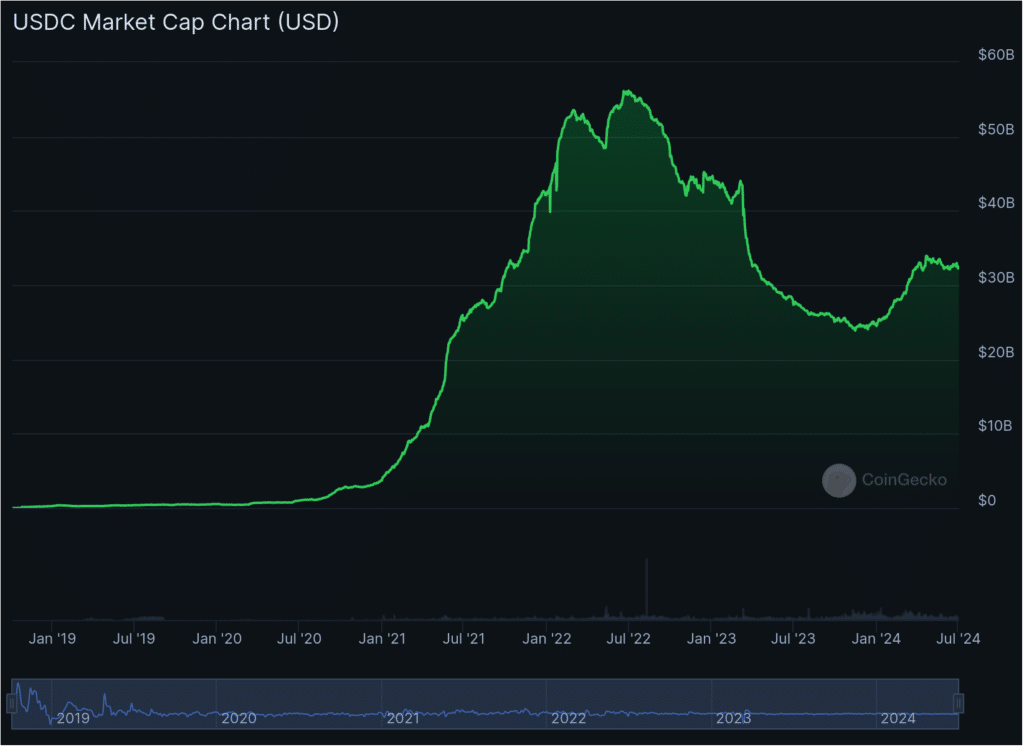Taiwan’s Legislative Yuan has officially advanced a draft law aimed at the regulation of cryptocurrency assets. The draft, led by lawmaker Yung-Chang Chiang among 16 other legislators, has successfully passed its first reading. The news marks a significant step toward formalizing guidelines for the virtual asset sector in Taiwan, which has until now, largely operated without stringent regulatory oversight.
Regulators push for legal enforceability
While the Financial Supervisory Commission (FSC) of Taiwan introduced guidelines for the crypto sector last month, these lacked legal enforceability. Moreover, these guidelines were designed for the sector to create its own self-regulatory framework, which could only go so far without the backing of legislation. However, with the proposed special law, Taiwan’s regulatory authorities would have the power to impose administrative penalties on platforms that violate these self-regulated rules. This move, therefore, adds a crucial layer of legal authority over crypto platforms operating within the jurisdiction.
The nuts and bolts of the draft law
Under the proposed legislation, all crypto platforms functioning in Taiwan would be mandated to apply for a permit. Failure to do so would permit regulators to instruct these platforms to halt operations immediately. Additionally, the bill doesn’t specify a timeline for its second reading. But it’s noteworthy that the current tenure of the lawmakers, including Chiang, ends in January 2024. Consequently, the second reading might not take place before then.
Until now, the only form of regulation that crypto platforms had to adhere to in Taiwan were anti-money laundering rules. These were instituted by the FSC in July 2021. Despite these, the crypto industry in Taiwan remains largely unregulated, operating in a space that leaves much room for interpretation and exploitation.
This legislative move comes as countries around the world are grappling with the question of how to regulate the rapidly growing cryptocurrency industry. With issues such as consumer protection, money laundering, and financial stability at stake, governments are keen to develop frameworks that can offer some measure of security and accountability.
Significantly, the proposal signals a turning point in Taiwan’s approach to regulating digital assets. Prior to this, the focus had largely been on anti-money laundering measures. Now, there seems to be a broader effort to offer comprehensive regulation that covers multiple facets of the cryptocurrency market. Although the bill has only passed its first reading, it sets the stage for future regulatory discussions and developments.





